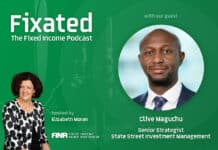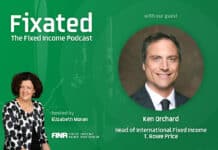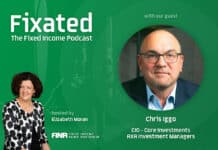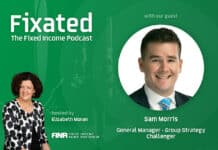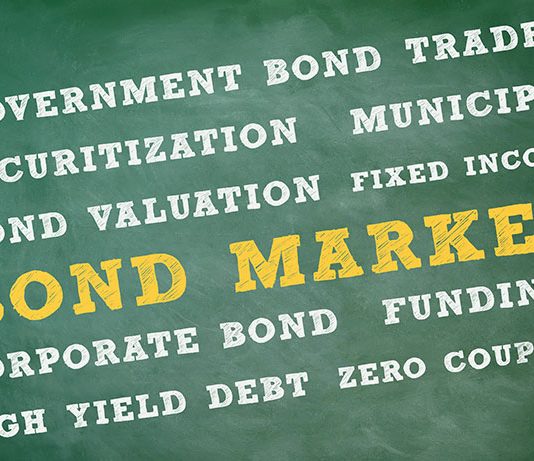The fixed income asset class covers a broad range of investments: deposits, bonds, hybrids and securitised investments such as asset backed securities and residential...
An ETF is an open-ended investment fund, similar to a traditional managed fund, that is traded on the ASX – just like any share....
As more Australians increase their allocations to government and corporate bonds, it is important to understand the two different ways you can make an...
Bonds are useful in different economic conditions. Fixed rate bonds provide certainty in declining interest rate environments, floating rate notes pay a fluctuating rate...
This month AMP issued a new hybrid. AMP planned to raise $200m via an issue of Capital Notes 2 (ASX code: AMPPB) securities, which...
What is a bond?
Companies often need to raise external funds to grow. There are two ways they can do this:
Raise equity by issuing...
Bonds are useful in different economic conditions. Fixed rate bonds provide certainty in declining interest rate environments, floating rate notes pay a fluctuating rate...
One of the greatest advantages to ETFs is their liquidity. In fact, even when there isn’t a great volume of ETFs being traded on...
Non-government debt, also known as credit or corporate bonds, is a key part of the broader fixed income universe. Historical performance data shows that credit...
The Australian Commonwealth government along with the states and territories issue bonds to help pay for goods and services they provide. Globally, other sovereigns...














